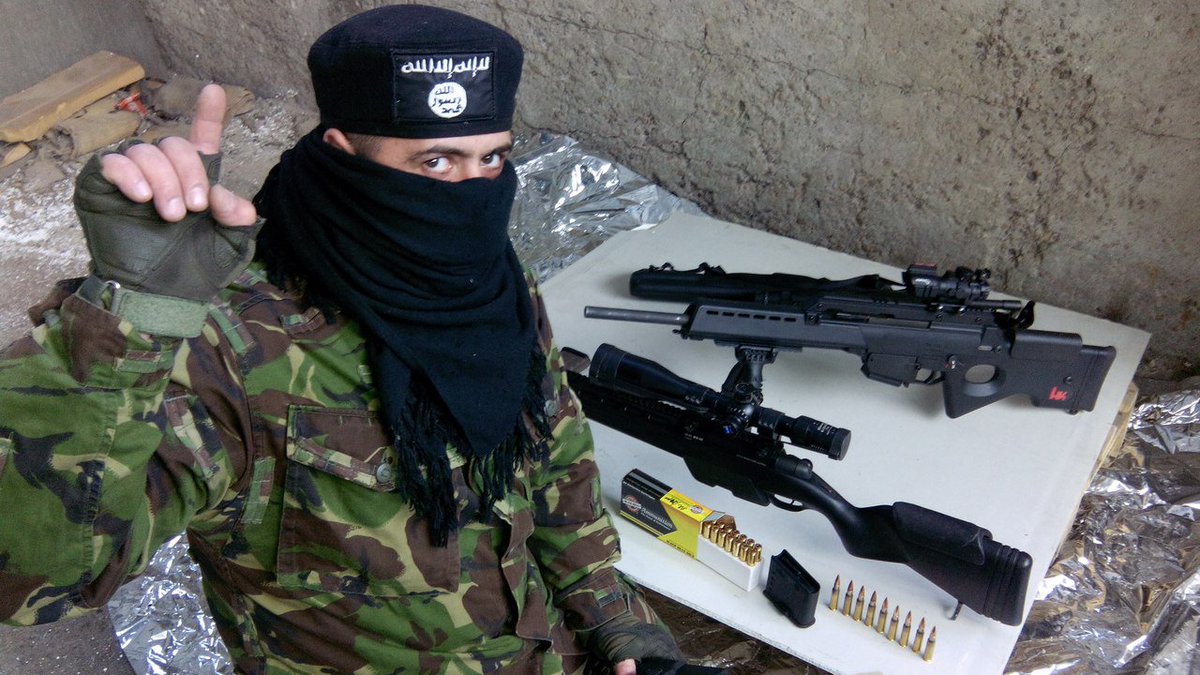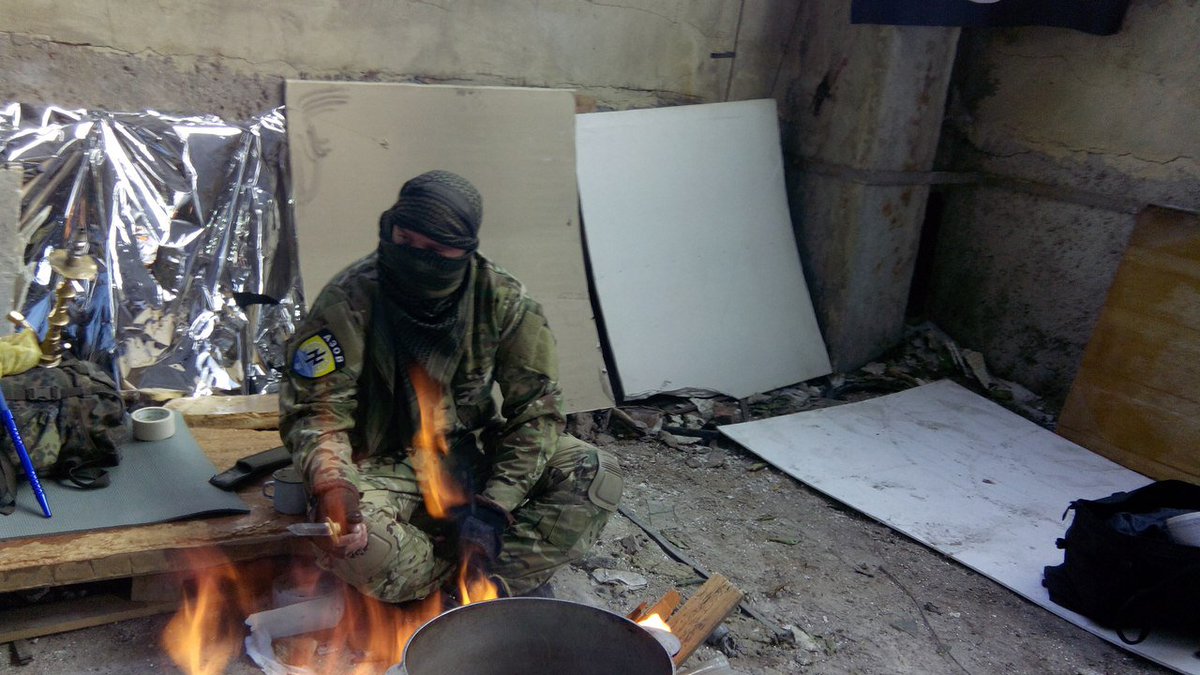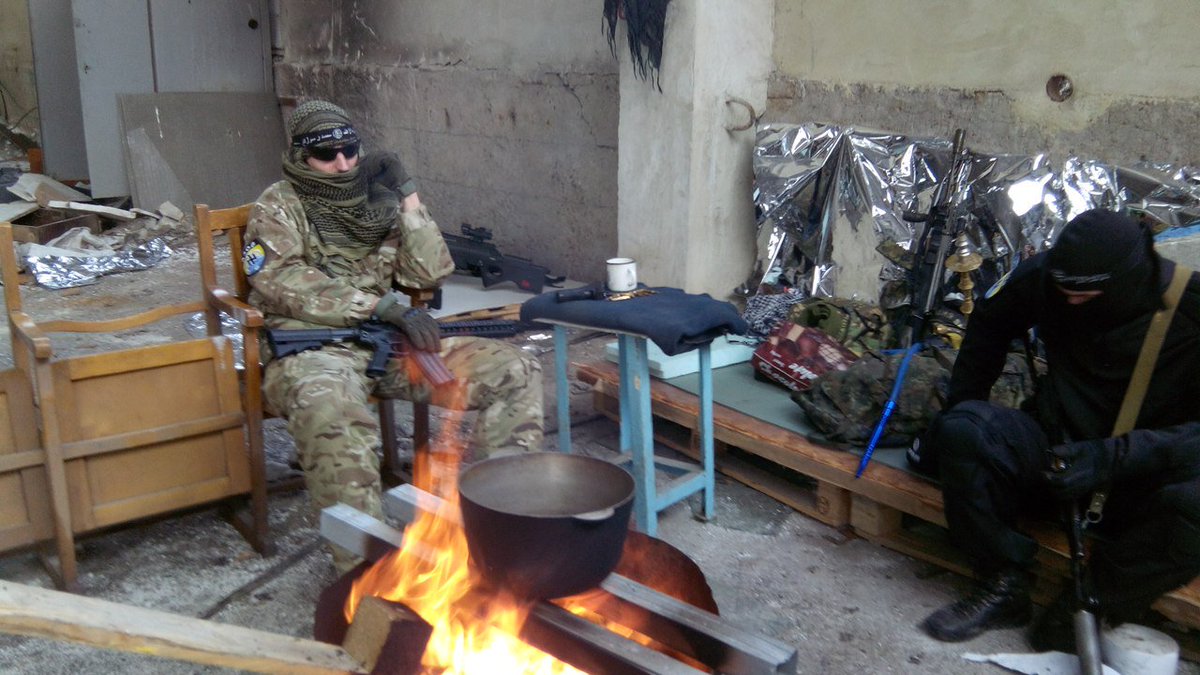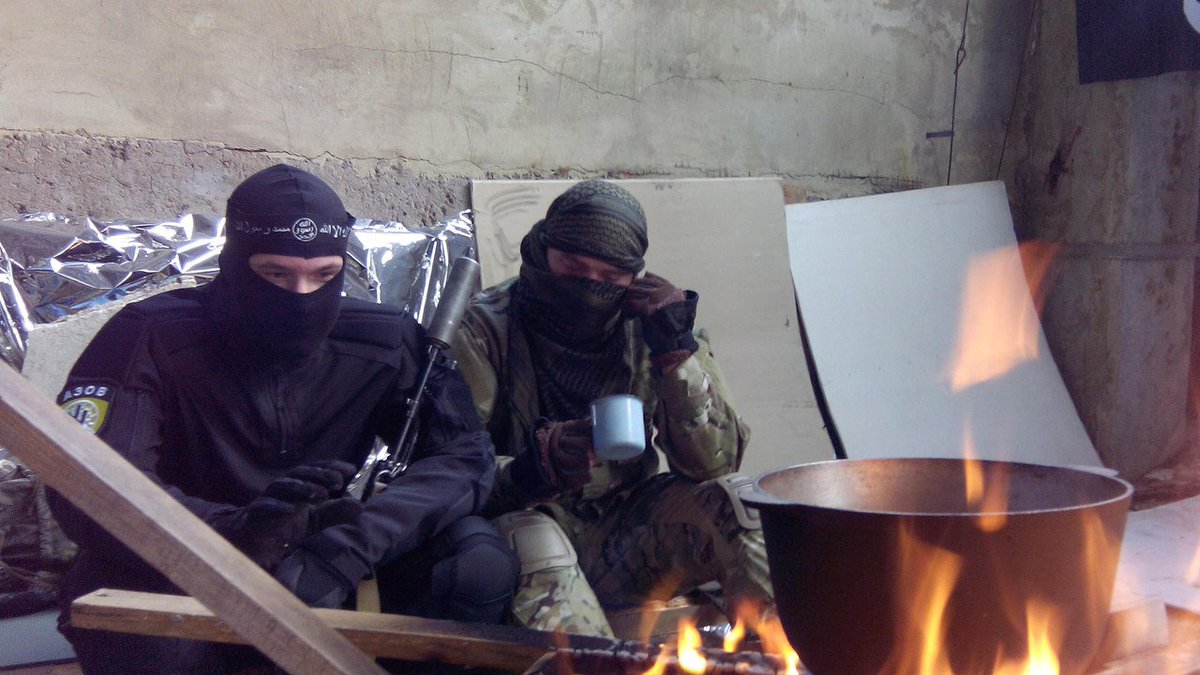Strip away the grants (few) and loans (many) and this is the real world reality that Kiev faces over the next few years. It is dire.
Analyzing Ukraine's deteriorating economic situation, Russian journalist and economic analyst Alexandr Sitnikov suggested that instead of gloating over the impact falling oil prices have had on the Russian economy, Kiev should hope that prices rise, since this would be their only chance to revive their own export-oriented economy.
"The 'barrel' pulls the 'bushel' along with it. That is the logic of world commodity markets," the journalist explains, in a recent analysis published by independent Russian newspaper Svobodnaya Pressa. "Only upheavals in oil-producing areas and crop failures in major agricultural countries are capable of breaking the connection." Moreover, "in terms of their dependence on commodities, the Russian and Ukrainian economies resemble one another, like twins. The difference is that our major export product is oil, and that of our neighbors – wheat."
"In the past two years," Sitnikov recalls, "hydrocarbon [prices] have fallen much more steeply than cereals. So, on January 21, 2016, the price of Brent crude on the ICE Futures Exchange fell to below $28 a barrel, while a year ago, a barrel sold for $60, and two years ago, for $105. In other words, oil has seen a depreciation of nearly 75%. The average price of cereals in 2014 decreased by 12.5% compared to the previous year, and in 2015, by another 15.4%. In total, over the past two years, the price of cereals fell by about a quarter."
"Russia's GDP over these two difficult years has fallen by 3.6%, while Ukraine lost more than 20% of its GDP. And although a number of international institutions, including the IMF, predict that Ukraine will win back 2% this year, skeptics, on the contrary, predict further decline." "The fact," Sitnikov suggests, "is that our neighbors face processes reminiscent of the crisis faced by Argentina after the default in 1999. But at that time the global macroeconomic picture was much healthier than it is today."
To make matters worse, the analyst suggests that Kiev's economic incompetence has only worsened the country's prospects, depriving them of credit needed for economic development. "Simply put," Natalia Yaresko and the Ministry of Finance, by "taking the initiative to 'forgive the country's debts to others', have made a terrible mistake…UniCredit Bank analyst Andrey Prikhodko writes that 'access to public capital markets will be completely closed to Ukraine and Ukrainian companies over the next year.'" "Furthermore, in accordance with the memorandum on the IMF's Ninth Economic Review, the organization will reduce its lending to Kiev by two thirds. Some funds will be forthcoming via the EBRD, but these are just crumbs. In other words, there is no money for development."
Sitnikov recalled that "in 2014, big business in the US and the EU was eager to revive Ukraine's economy as a warning to Putin. However, senseless acts of cruelty and intimidation by right-wing thugs in Odessa and the Donbass have scared off potential investors. Today, 'there is no sense speaking about queues of investors lining up to open factories in Ukraine', Prikhodko writes. 'The break in economic ties with the [rebel-held Donbass] did not bring any political dividends.'…Whatever Western politicians may say, foreign businessmen have said 'no' to Banderite xenophobia."
"The new authorities in Kiev simply did not have enough common sense to benefit from the 'demonization of Putin', which in 2014 had become state policy for the majority of the world's leading economies. Now, the Poroshenko/Yatsenyuk government does not even recall that nearly all of America's leading companies had once been willing to implement their own 'Marshall' plans in Ukraine. The fact that Ukrainians live much worse today than they ever did under [ousted president] Viktor Yanukovych is entirely the fault of the current political elite."
In these circumstances, Sitnikov notes, "Ukraine's economy will have to focus on the production and sale of its basic products – grains, oilseeds and ferrous metals. The problem is that the main buyers of Ukraine's agricultural sector are the oil-producing countries of the Middle East, which have introduced austerity in 2016." "The EU, if it buys anything, does so only via quotas, and at low prices, tying the value of contracts to oil futures. China too cannot be relied upon due to its own slowdown. As a result, Kiev is suffering from the decline in oil prices even more than Moscow. For the record, in 2008, when oil prices fell as a result of the global economic downturn associated with the debt crisis, Russia's GDP fell by 7.8%, and that of Ukraine, by 14.8%."
Moving on, the analyst noted that "if we talk about metals, here again we find negative processes associated with the global excess in steelmaking capacity, which, according to Ernst & Young, reached 2.07 billion tons. In 2016, Ukrainian production, in all probability, will repeat the decline seen in 2014 and 2015, when production volume dropped by 17% and 16%, respectively."
Ultimately, citing the UniCredit Bank analysis, Sitnikov writes "that the situation in Ukraine will be able to stabilize only if the average price of a barrel of Brent oil sits at around $55.8. Only then, according to IMF estimates, is 2% GDP growth is possible…In short, Kiev should not gloat over the deterioration of the economic situation in Russia due to falling [energy] prices, and, figuratively speaking, should pray that the world oil market recovers."
There is a bit more at the link on Russia which I have put in the Russia thread.
http://sputniknews.com/business/20160126/1033735321/ukraine-global-energy-prices.html#ixzz3yMoBroXE



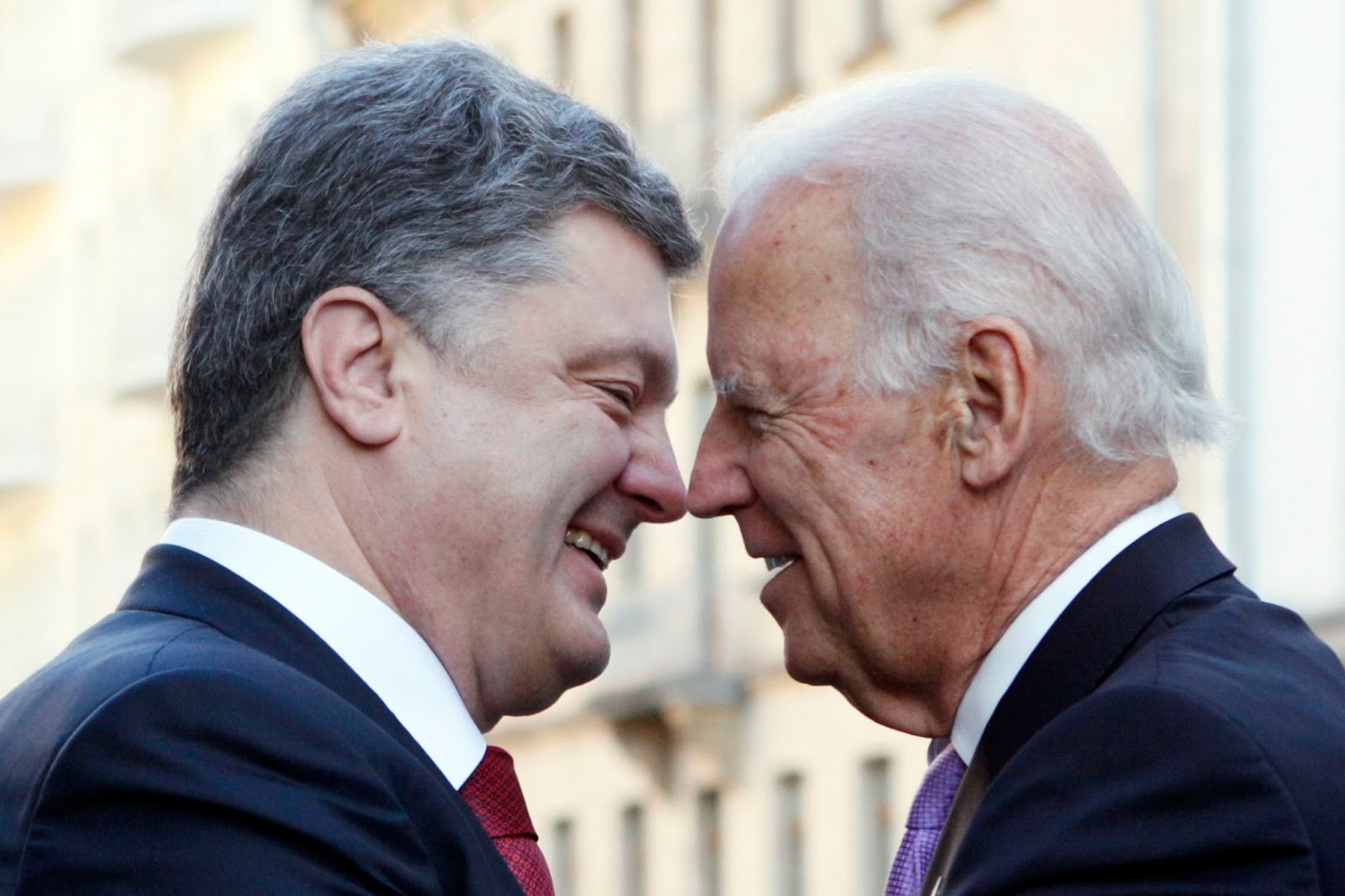
 JohninMK
JohninMK